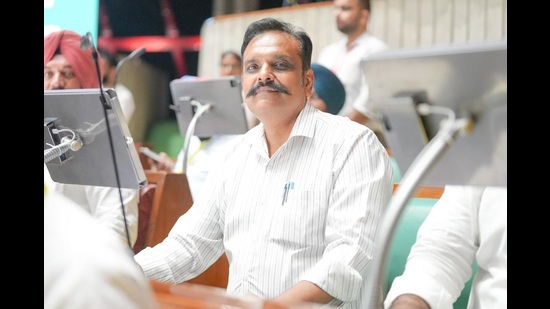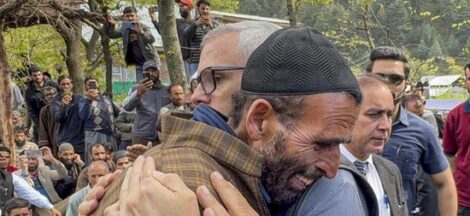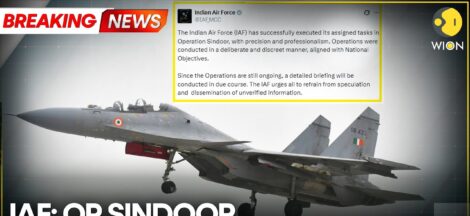AAP’s Political Affairs Committee has imposed a five‑year suspension on Kunwar Vijay Pratap Singh, the Amritsar North MLA, citing persistent “anti‑party activities”. The former IPS officer crossed the party line by publicly questioning the Vigilance Bureau’s actions during the arrest of Shiromani Akali Dal leader Bikram Singh Majithia, triggering internal disciplinary action.
Singh, who stepped away from a distinguished police career in 2021, has become known for his vocal criticism of AAP’s Punjab government. His questioning of the heavy‑handed raid on Majithia — particularly its timing and alleged breach of family dignity — marked a decisive departure from party messaging. AAP, asserting that it would not tolerate disruptions to its anti‑drug campaign, framed Singh’s remarks as undermining its core priorities.
A former top investigator into the 2015 Kotkapura and Behbal Kalan police firings, Singh quickly rose in political prominence and won the Amritsar North seat in 2022 with over 58,000 votes. His suspension follows several months of erratic engagement: he had not been attending party meetings and had repeatedly raised questions about government interventions ranging from sacrilege cases to illicit liquor tragedies.
On 25 June, the Vigilance Bureau arrested Majithia in a disproportionate‑assets case related to alleged drug money laundering worth Rs 540 crore. Singh published video evidence of the raid, highlighting the early‑morning entry by officials into Majithia’s home and arguing the state should have protected family dignity. He noted that Majithia had previously received bail without extensive inquiry or remand, suggesting political selectivity in enforcement.
In response, AAP spokesperson Neel Garg criticised Singh for airing internal disagreements publicly rather than within party forums. “His actions were completely wrong and highly condemnable,” Garg stated, urging Singh to withhold criticism aimed at disrupting the anti‑drug push. Additional voices from within the party echoed this assertion, warning that public dissent during critical campaigns would not be tolerated.
Singh issued no direct rebuttal but posted a line from Gurbani on social platforms: “Kabir, from death everyone in the world is afraid; but to me, my mind feels bliss,” signalling defiance and acceptance. His supporters claim the punishment is disproportionate. Pawan Kumar, a close aide, denounced AAP’s decision as “unjust and excessively harsh”. Meanwhile, anticipation has arisen within party circles about potential contenders for the Amritsar North ticket at the 2027 elections.
Opposition leaders seized on the episode as proof of an intolerance for dissent within AAP. Congress MP and Punjab Congress president Amarinder Singh Raja Warring said the MLA’s suspension “in no way means that the government does not owe answers to questions he has raised,” adding that suspending one voice would not silence broader public concern on sacrilege and drug issues. Lok Sabha Leader of Opposition Partap Singh Bajwa called the suspension a “badge of honour for standing with truth” and reminded AAP of commitments made by its national convener regarding justice for 2015 sacrilege incidents and eradication of the drug mafia.
Punjab BJP leader Fatehjung Singh Bajwa echoed similar themes. He suggested Singh’s removal reflected the emergence of an “authoritarian grip” within the party, quashing dissent in favour of consolidated control.
This episode underscores a deepening internal tension within AAP’s Punjab apparatus. Singh represented both the party’s promise of clean governance and its internal conscience, particularly on issues tied to moral governance. His dissent over the hooch tragedy in Majitha — where 27 people died — and his repeated criticism of sacrilege handling highlighted internal divisions over accountability priorities.
Earning a reputation as a one‑time contender for a state‑cabinet berth, Singh instead found himself sidelined and ultimately penalised. His suspension raises questions about AAP’s readiness to manage internal dissent and reconcile governance ambitions with party discipline. With 2027’s election cycle on the horizon, AAP faces a potential crisis of image: maintaining internal unity while demonstrating openness to honest criticism.




 Political Limits Cited as Cause for IAF Losses in Sindoor Debate
Political Limits Cited as Cause for IAF Losses in Sindoor Debate 